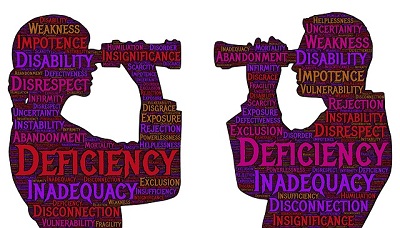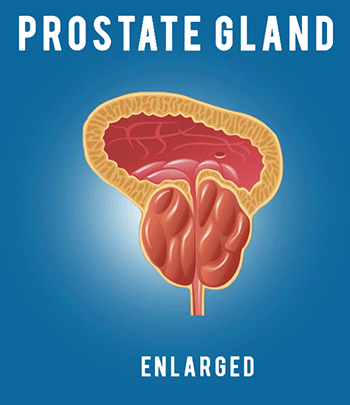What Habits Can Be Toxic to Our Relationships?
What Habits Can Be Toxic to Our Relationships?

Habits in relationships are extremely important. They can make or break our relationships. Toxic habits can harm our relationships, especially if they persist for too long. If we want to change toxic habits, we need to address the common pitfalls. Namely, many of us do not recognize toxic habits and believe they are healthy for our relationship. One example is when we mistakenly assume that our conflicting relationship is actually passionate. This myth has its root in pop culture and various movies that promote such kind of love. According to psychologists, this type of a relationship cannot be further from the truth. They believe that continuous fighting and reconciliation that follows are not part of the passion. The pattern rather shows our lack of problem-solving abilities and poor communication. Psychologists also believe that this type of a relationship pattern might point at the problem of emotional avoidance. When we are caught up in this pattern of relationship, we may try to share openly our feelings and avoid toxicity. To find out more what habits can be toxic to our relationships, the article “11 Toxic Relationship Habits We Mistake as Healthy” gives us the following list.
What Habits Can Be Toxic to Our Relationships?
1. Calling your partner your “everything”
2. Constant communication
3. Thinking all of your emotions are valid
4. Asking them to *fix* your emotional issues
5. Trying to make each other happy
6. Doing everything together
7. Being honest about everything
8. Seeking “balance” by keeping score
9. Sugar-coating and never hurting the other person’s feelings
10. Fairy-tales
11. Sticking it out
Another example of toxic relationship habit that many of us might consider healthy is jealousy. Namely, many of us think that jealousy confirms love. Even though some jealousy may add spice in our relationships, when it takes control it is considered toxic. Sometimes, we just think when we stop fighting our relationship will be better. This approach can work for a while, but it can be dangerous in the long run. When we suppress our emotions, they will escalate in the wrong moment. Moreover, unresolved emotions might represent a great threat to our relationships and our health, as well. If we want to create strong and healthy relationships, we need to change habits that can be toxic.


